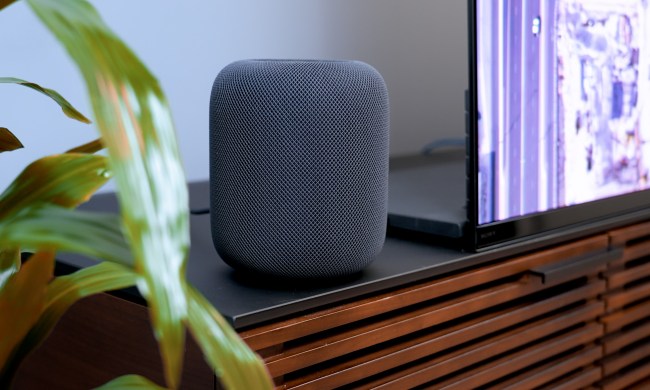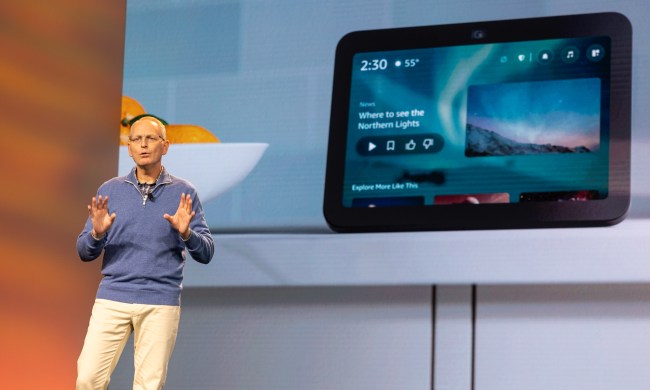Thought no one was listening to your Alexa chats? Think again. Amazon reportedly has thousands of workers around the world listening to people’s private exchanges in recordings captured on Echo devices after the wake word is detected. The procedure is part of Amazon’s ongoing work to improve Alexa’s performance.
The company employs contractors “from Boston to Costa Rica, India and Romania” to listen to recordings made with Alexa using Amazon’s Echo speakers, according to a Bloomberg report on Wednesday, April 10. They then transcribe and annotate the text before using software to analyze it with the aim of enhancing Alexa’s abilities.
The news outlet spoke to seven individuals who worked on the program, each of whom has signed a nondisclosure agreement that prevents them from speaking publicly about the process.
While Amazon says on its website that it uses “your requests to Alexa to train our speech recognition and natural language understanding systems,” it seems likely that most people would imagine that only computers perform the task, rather than humans.
A screenshot seen by Bloomberg indicated that the analyzed Alexa recordings — made after a user utters the device’s wake word — do not include information such as a user’s home address. They do, however, link to an account number, and also show the user’s first name and the device’s serial number.
According to two workers in Bucharest, a reviewer can deal with as many as 1,000 audio clips during a typical nine-hour shift, with the work described as “mostly mundane.”
The teams sometimes share audio files in internal chatrooms if they need help understanding a particular clip, though they might also share some “amusing” recordings if they come across one during their work, the report said.
On a more sinister level, several reviewers said they sometimes hear what appears to be criminal behavior taking place, but were told by Amazon the company was unable to get involved.
Amazon launched its Alexa digital assistant with its first Echo smart speaker in 2014. Google, Apple, and others have followed with their own similar devices and smart assistants, though it’s not currently clear which precise methods other companies use to improve their software, and whether humans are closely involved with the work.
While they have made huge strides in the last few years, digital assistants are in the relatively early stages of development, and can still be confused by accents, dialects, slang, and nuances in the language. Such challenges have prompted programmers to deploy a range of processes to help enhance an assistant’s overall performance. But Bloomberg’s revelation is likely to have privacy campaigners calling for more transparency from companies about how they are developing their voice-activated software.
In a statement to Bloomberg on the issue, Amazon said: “We take the security and privacy of our customers’ personal information seriously. We only annotate an extremely small sample of Alexa voice recordings in order [to] improve the customer experience. For example, this information helps us train our speech recognition and natural language understanding systems, so Alexa can better understand your requests, and ensure the service works well for everyone.”
The Seattle-based company added that it has “strict technical and operational safeguards” in place, and has a “zero tolerance policy for the abuse of our system.”


